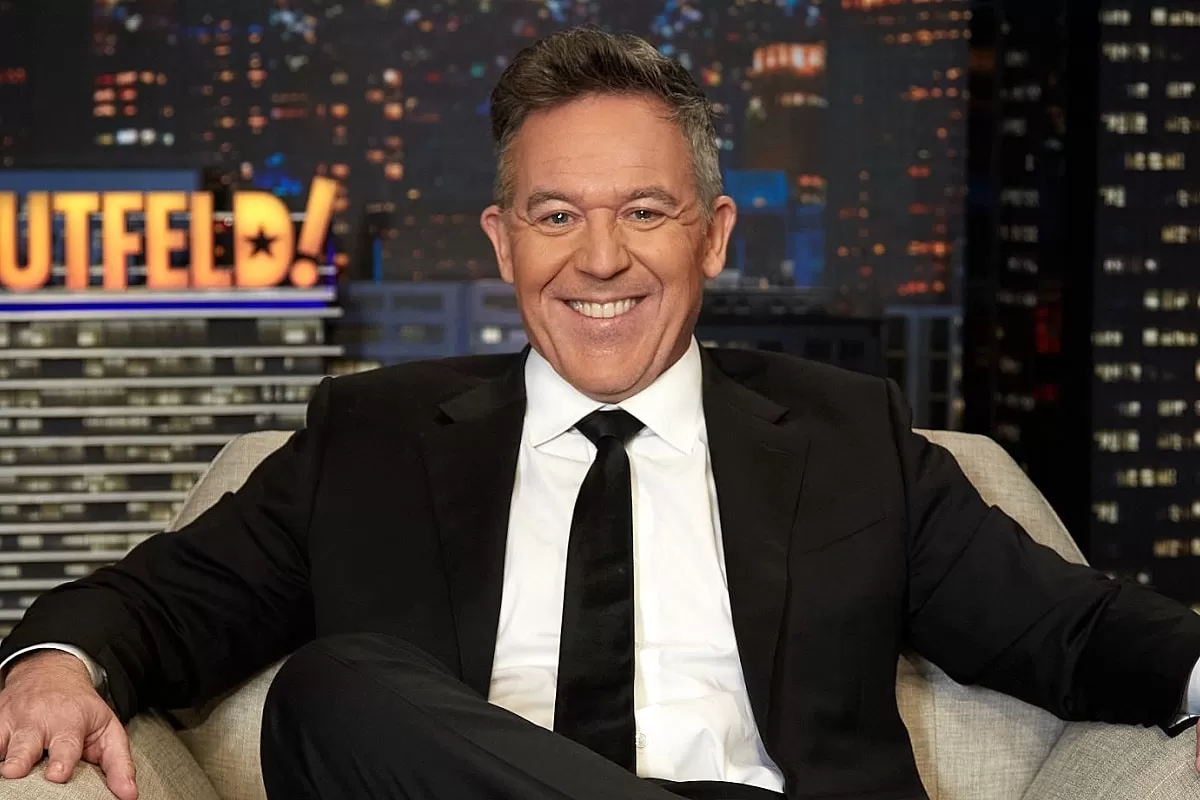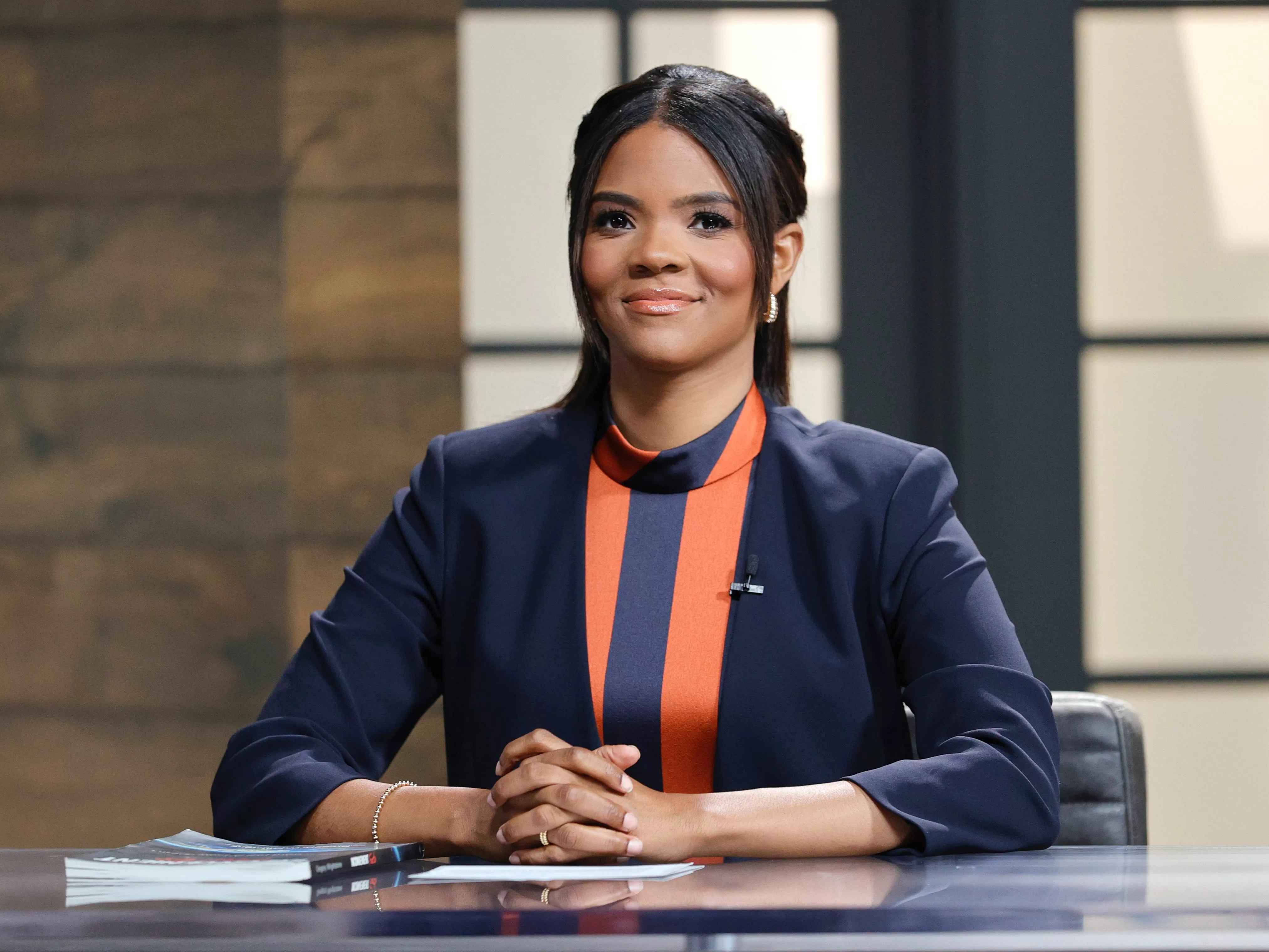In a dramatic shake-up of late-night television, ABC has announced a bold new direction for its programming lineup. Longtime host Jimmy Kimmel, who has been a staple of the network’s late-night slot for over two decades, is stepping down. Replacing him is a surprising duo: conservative commentators Tucker Carlson and Candace Owens. This unexpected move is already making waves in the entertainment and political worlds, sparking debates about the future of late-night TV.

Jimmy Kimmel’s departure marks the end of an era. Known for his sharp wit, comedic monologues, and cultural commentary, Kimmel has been a trusted voice in late-night television. His ability to tackle both lighthearted entertainment and serious social issues made him a favorite among audiences. However, recent years have seen a decline in ratings across the board for late-night shows, with traditional formats struggling to compete with streaming services and digital content. ABC’s decision to bring in Carlson and Owens appears to be an attempt to revitalize the time slot and capture a different demographic.

The choice of Tucker Carlson and Candace Owens is as unconventional as it is controversial. Carlson, formerly a leading figure at Fox News, is known for his polarizing views and outspoken style. His departure from Fox earlier this year was a major media story, leaving many speculating about his next move. Candace Owens, a prominent conservative commentator and author, has built a significant following through her appearances on media platforms and her strong presence on social media. Together, they represent a dramatic shift in tone and content for ABC’s late-night programming.

ABC’s announcement has sparked mixed reactions. Supporters of Carlson and Owens see the change as a refreshing departure from the traditional late-night formula. They argue that bringing conservative voices to the forefront provides balance in a landscape often dominated by left-leaning perspectives. By addressing topics from a different ideological angle, Carlson and Owens could attract viewers who feel underrepresented in mainstream media.
Critics, however, are raising concerns about the potential consequences of this decision. Late-night television has traditionally been a space for comedy and cultural critique, often providing relief from the day’s serious news. Replacing a comedian with two political commentators might alienate long-time viewers who turn to late-night shows for entertainment rather than divisive debates. Some are also questioning whether the duo’s style will resonate with the broader audience that ABC typically caters to.
The move also reflects a broader trend in media, where traditional boundaries between news, commentary, and entertainment are increasingly blurred. Networks are experimenting with new formats and voices in response to changing audience preferences and the rise of alternative platforms. ABC’s decision to shake up its late-night lineup may be a gamble, but it highlights the challenges facing legacy media companies in staying relevant.
Another factor influencing this shift is the evolving landscape of television consumption. Streaming services and social media platforms have transformed how audiences engage with content. Younger viewers, in particular, are less likely to watch traditional TV, opting instead for short clips and on-demand shows. ABC’s bold move could be seen as an attempt to generate buzz and draw attention in a crowded and competitive market.
Tucker Carlson and Candace Owens are no strangers to controversy, and their new show is likely to reflect their distinctive styles. Carlson’s confrontational interviews and Owens’ incisive commentary could create a program that stands out in the late-night space. The duo has already hinted at a format that combines news analysis, cultural discussions, and guest interviews. This mix of content might appeal to viewers seeking something different from the typical monologue-and-sketch formula.
While ABC has not yet revealed many details about the new show, speculation is rampant. Will it lean heavily on political commentary, or will it include lighter, entertainment-focused segments? Will the duo’s chemistry translate into a successful partnership? And how will they navigate the expectations of late-night viewers who are accustomed to comedy-driven programming?



